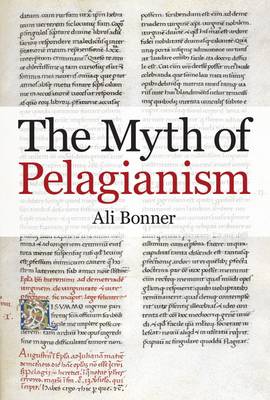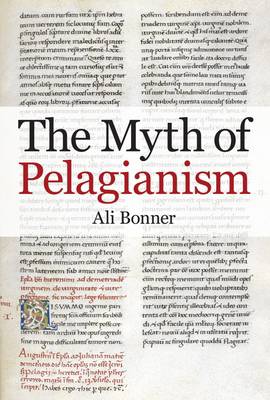
- Retrait gratuit dans votre magasin Club
- 7.000.000 titres dans notre catalogue
- Payer en toute sécurité
- Toujours un magasin près de chez vous
- Retrait gratuit dans votre magasin Club
- 7.000.0000 titres dans notre catalogue
- Payer en toute sécurité
- Toujours un magasin près de chez vous
122,45 €
+ 244 points
Description
Pelagius, the first known British author, is famous for his defence of free will as the Roman Empire disintegrated. A persuasive advocate of two ideas - that human nature was inclined to goodness, and that man had free will - Pelagius was excommunicated in 418 after a campaign to vilify him for inventing a new and dangerous heresy. Setting this accusation of heresy against Pelagius in the context of recent scholarship, The Myth of Pelagianism proves that Pelagius did not teach the ideas attributed to him or propose anything new. In showing that Pelagius defended what was the mainstream understanding of Christianity, Bonner explores the notion that rather than being the leader of a separatist group, he was one of many propagandists for the ascetic movement that swept through Christianity and generated medieval monasticism. Ground-breaking in its interdisciplinarity and in its use of manuscript evidence, The Myth of Pelagianism presents a significant revision of our understanding of Pelagius and of the formation of Christian doctrine.
Spécifications
Parties prenantes
- Auteur(s) :
- Editeur:
Contenu
- Nombre de pages :
- 362
- Langue:
- Anglais
- Collection :
Caractéristiques
- EAN:
- 9780197266397
- Date de parution :
- 13-11-18
- Format:
- Livre relié
- Format numérique:
- Genaaid
- Dimensions :
- 236 mm x 163 mm
- Poids :
- 716 g

Les avis
Nous publions uniquement les avis qui respectent les conditions requises. Consultez nos conditions pour les avis.






